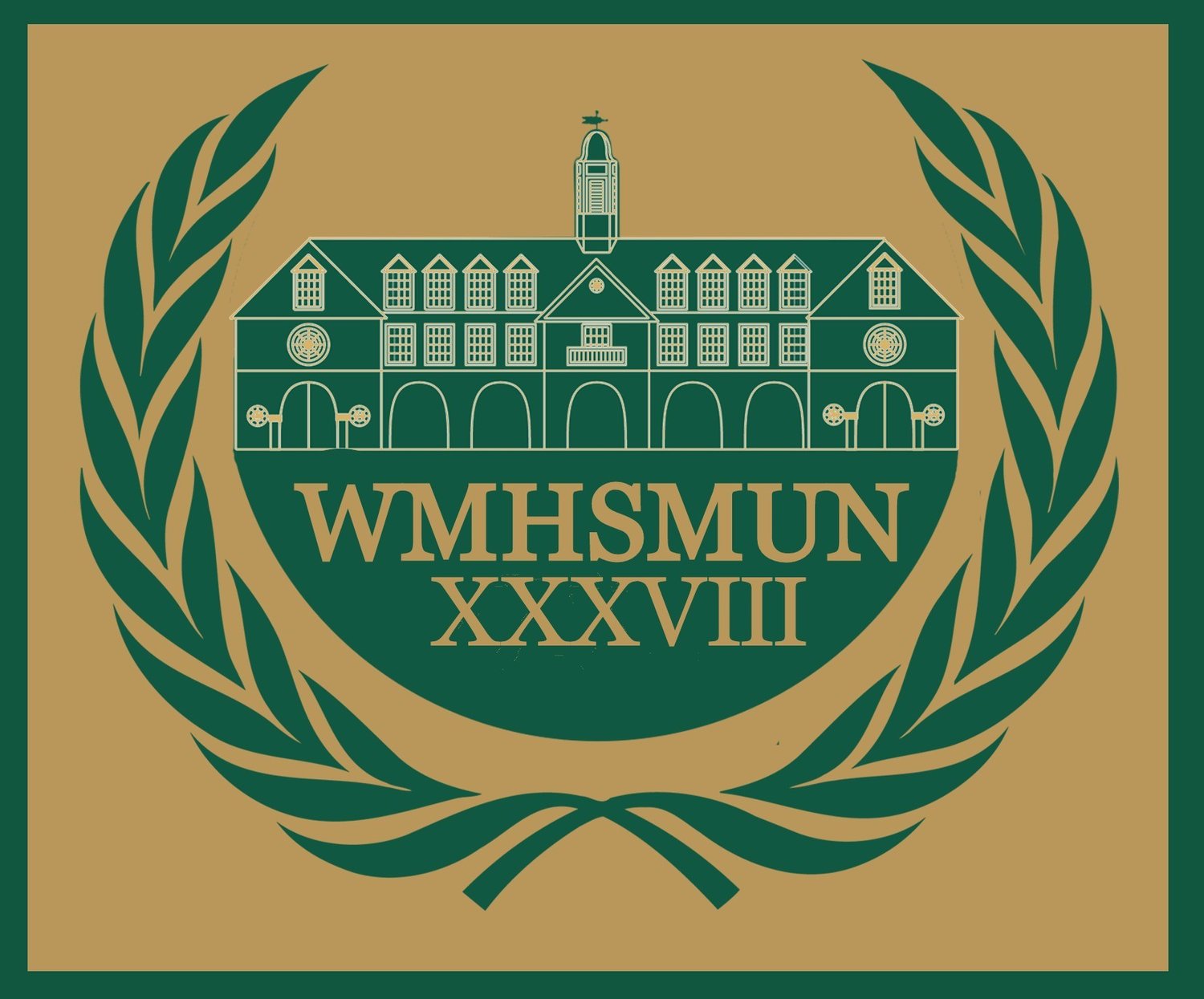There’s Something in the Water: International Seabed Authority
Topic 1 - Deep-Sea Mining Regulation
The UN’s International Seabed Authority (ISA) regulates permits for deep-sea mining. Already nations are applying for permits to explore deep-sea mining in international waters with experts predicting operations could begin in 2025. However, the ISA has failed to ratify a complete “mining code” to regulate how miners can prospect, explore, and exploit mineral resources on the seabed in international waters. In July 2023, ISA member states agreed on a road map with plans to finalize regulations by July 2025, but the likelihood of this deadline being met is diminishing. A time-limited provision in the United Nations Convention on the Law of the Sea (UNCLOS) requires the development of regulations to enable deep-sea mining within two years or consider mining proposals without internationally agreed upon regulations in place. Time is of the essence. How should the ISA move forward to regulate deep-sea mining in international waters? How should they engage with UN members who have yet to ratify UNCLOS and lack membership in the ISA?What potential regulations should be included in the finalized Exploitation portion of the mining code to reduce the negative impacts of the current and future fishing and mining practices on marine life?
Topic 2 - Secretary-General Elections
It is July 2024 and Secretary-General Elections for the International Seabed Authority are right around the corner. The candidates include incumbent Michael Lodge, Secretary-General since 2016, and oceanographer Leticia Carvalho. Both candidates have very different timelines for implementation of a full Mining Code, and therefore, a very different vision for the future of the ISA and the deep-sea mining landscape. The election has been accompanied by many accusations of misconduct amidst a pivotal moment for the potentially emerging industry, making the ISA elections a race to watch and more important than ever
Director:
Ally Swindell


